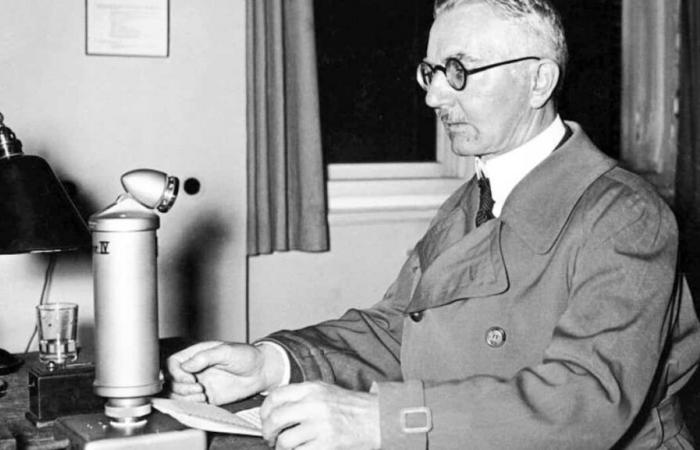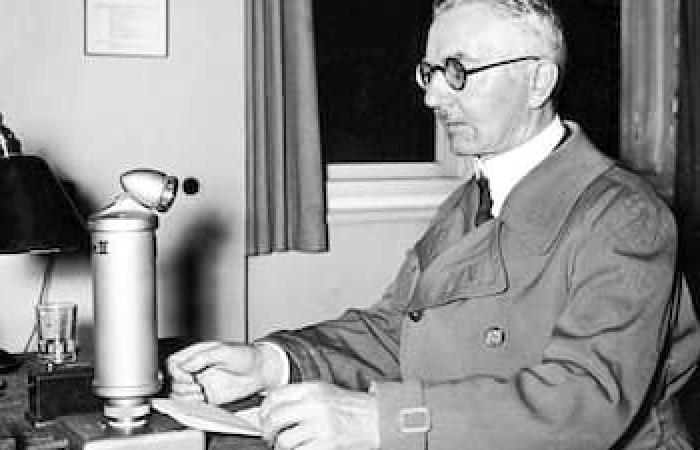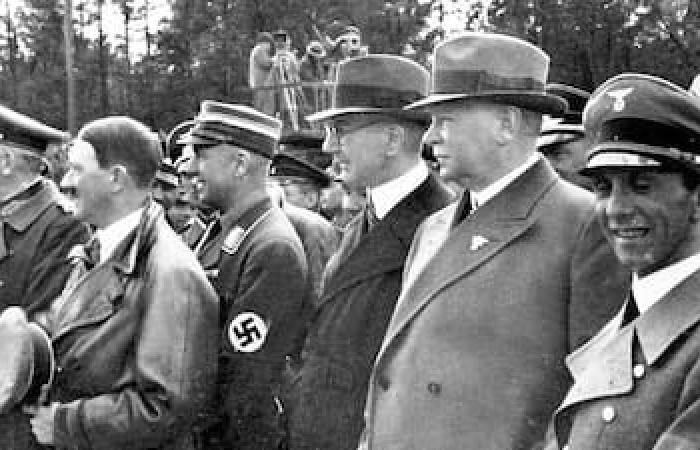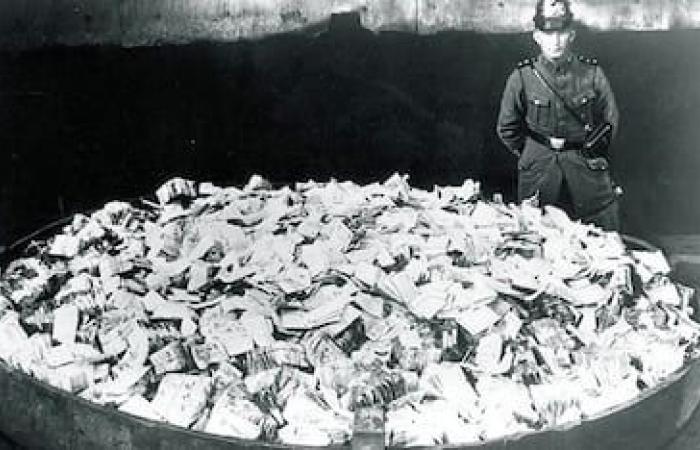When Germany collapsed economically after the Great War and particularly after the 1929 crisis, it was a certain Hjalmar Schacht, genius banker, who will become the surgeon of this sick economy.
• Read also: 50 years ago, the world attended the fall of Saigon: Quebec sponsorship saves thousands of broken families
• Read also: From the pope of the poor to the Pope of the Zouaves: the long Quebec passion for the Vatican
• Read also: Trump and Hitlerian eugenics
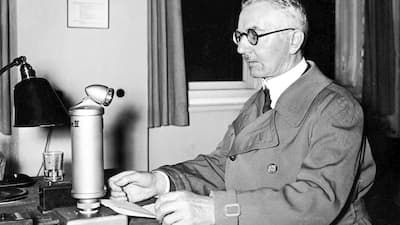
Without this man, Adolf Hitler would never have been able to carry his bellicose ambitions. Free
Schacht is a discreet man, his career is worthy of a spy novel, but it is interesting to throw some light on one of the most influential architects of the economic rise of the Third Reich.
What can Schacht’s economic policies tell us and, even more disturbing, can we draw parallels between his economic work and the policies defended by Donald Trump since his return to the White House in 2025?
German currency magician
At the end of the First World War, Germany is livid, its economy is completely sealed. In 1923, it was hyperinflation, ruin, we pay a bread with a wheelbarrow of tickets.
It was then that Schacht enters the scene. It creates a new currency, the rentenmark, which miraculously stabilizes the economy. We then nicknamed him “the Magician of Finance”.
But it was in 1933, when Hitler took power, that Schacht was writing the most sulphurous pages in his history. Appointed president of the Reichsbank, then Minister of the Economy, he left Germany from depression thanks to an economic plan as innovative as they are worrying.
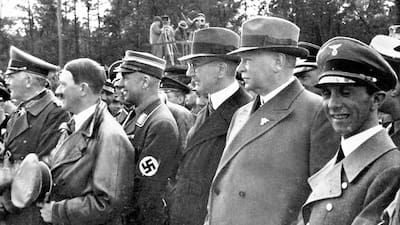
Hjalmar Schacht (3rd from the right) played a major role in the history of the German economy under the Nazi regime. Free
Autarky and major works
Schacht set up in 1934 his “new plan”, with two main ideas: to reduce the dependence of Germany as much as possible to international trade (autarky) and invest massively in industry, in particular armaments, by means of major works (highways, factories, infrastructures).
-He even invents a parallel currency, the famous good mefo, to finance military spending in the gentle, without officially weighing down public debt. Result ? In two years, unemployment collapsed and industry turns at full speed.
But this prosperity is based on an economy of war and a gradual suppression of freedoms.
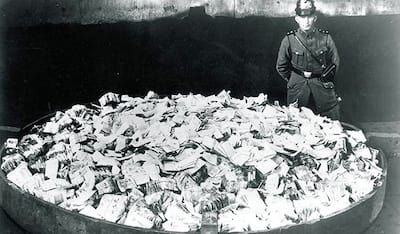
Bank tickets no longer have value should be burned under the supervision of the police. AKG images / Ullstein picture
He will say no to Hitler
Despite his economic talents that appeal to the Reich, Schacht is not a Nazi. It is opposed to certain drifts, in particular uncontrolled inflation and the excess of rearmament.
In 1937, he was thanked. In 1944, we even accused him of being linked to a plot against Hitler, he was imprisoned. He will survive the war and will be acquitted in Nuremberg.
An interesting paradox, he was a craftsman of the Nazi war machine, but did not say Nazi himself.
Trump and his economic policies
Since Donald Trump’s return to the presidency in 2025, certain economic measures of his administration have raised some eyebrows among historians.
Nationalist withdrawal, trade war, preference for domestic production, protectionism, major works funded by the State, distrust of international financial elites. This reminds some of the pre-war economy in Germany for some.
Like Schacht, Trump emphasizes economic autonomy, reduction in imports, and the restoration of an industry made in America .
Massive aids are paid to national companies. The public debt swells, but the state ensures that everything is under control. Some economists even evoke the idea of a “modern MEFO”, with opaque financial mechanisms used to bypass the weight of the debt in official assessments.
Disturbing comparison
Of course, the comparison has its limits. Trump is not Hitler. And the United States of 2025 is not Germany of 1934. But on the purely economic level, certain strategies strangely evoke the ideas of Schacht: a form of neomercantism, the idea that the economy must serve national power above all, even at the cost of international isolation.
History is never repeated perfectly, but it stutter, it is said. Hjalmar Schacht remains a fascinating figure, on the border between economic engineering and moral compromise. Studying your journey means remembering that a growing economy can also hide formidable dangers, especially when it serves extreme political projects.

